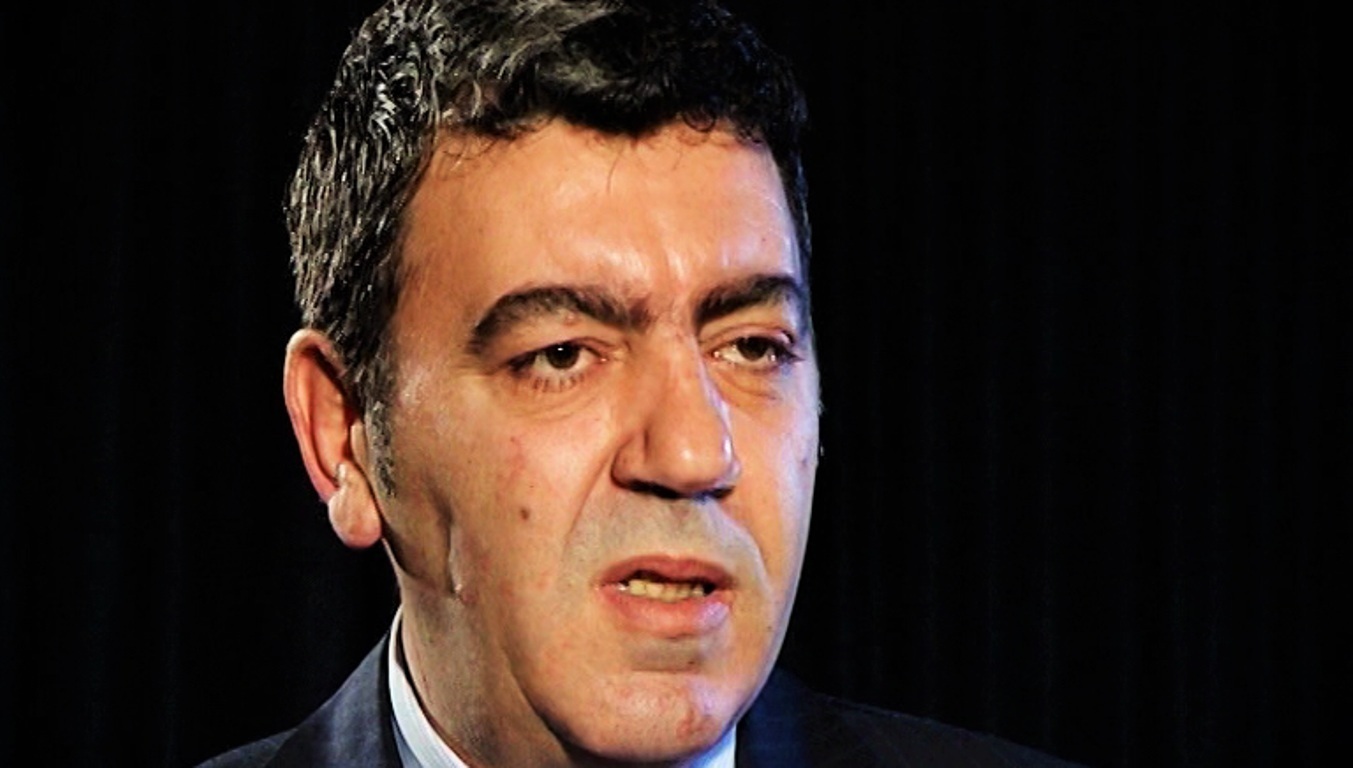
By Plator Nesturi
The mandate of the Attorney General is coming to an end, while the lack of a constitutional mechanism for the election of the new head prosecutor has led to a legal collapse concerning the functioning of this institution. More than a legal solution, this issue is likely to end up as a broad political debate and a new cause for clashes. However, this would not be something unexpected. On the contrary. Both majority and opposition have been very eager to turn Llalla case as a cause of debates in Parliament.
On Thursday, Attorney General Llalla ends his mandate and it is not yet clear how things will go for the appointment of the new head of this institution. Will the current head of the prosecution have his mandate extended or will the majority appoint an interim head prosecutor until the institutions which are entitled to mandate the new prosecutor, are elected? Everything is unclear, although socialist MPs have said that Llalla will be replaced. But, the Socialist Party or the Prime Minister are yet to come out with a clear official stance on this issue.
The crisis concerning the Attorney General and other judicial institutions, has been warned for months now. The new law on the reform in justice passed last summer, has brought different important amendments in the Constitution and this has not only transformed the functioning of the current institutions by creating new ones, but it has also brought changes in the powers of the heads of these institutions and the form in which they are elected. In the case of the Attorney General, this institution loses its structure and here, everything depends on the head prosecutor. District prosecutors will be vested with more powers and SPAK will be created as a professional unit which will counter corruption and crime. In a way, this institution replaces the Court of Serious Crimes. Also, the new head of prosecution, who will mostly play the role of an administrator, will not be directly elected by Parliament, but by the Council of Prosecutors. This institution has not yet been created by parliament and this makes it impossible for the new head prosecutor to be elected based on the new constitutional standards. So, once again, we will have a political solution that will be offered by Parliament. This institution will have to decide whether to extend Llalla’s mandate or send him to retirement.
In any cases, the solution would consist on a breach. And the one to blame for this is the political class which has hindered the application of legal deadlines stemming from the judicial reform law. In other words, we have an amended law, but the tools to implement it are not yet ready. So, the judicial reform remains on paper, because we still don’t know when it will be implemented. All the legal deadlines which make it functional, have long expired and our judicial institutions are in breach of the law now. They no longer have the functions and powers that they used to have.
We are in a state if illegitimacy, therefore the debate on Llalla as a prosecutor, still remains in the spirit of illegitimacy. Regardless of how we treat it. This is why politics enters the scene to find a temporary solution. The question is, how temporary the new head of prosecution or the old head of prosecution will be, because the political class is not able to provide a timeline as to when it will be able to set up the Council of Prosecutors or to add the transformation of Prosecution as an institution changed by the law approved a year ago, in the legal domain. The current example where Parliament has not applied its deadlines in setting up the necessary institutions, doesn’t offer any guarantees that these institutions will be set up in a short period of time, in order to justify the temporary head prosecutor that will be appointed. From what we can see, we may have lots of delays until the new prosecution and the judicial reform are formalized in legal terms. Under these conditions, it doesn’t really matter what is done, because instead of discussing what the best thing is for the Prosecution, we simply discuss names, while these names will act as a political solution.
Note: The views expressed in this article are the author's own and do not necessarily reflect Albanian Free Press’ editorial policy




 ALB
ALB
 ENG
ENG
